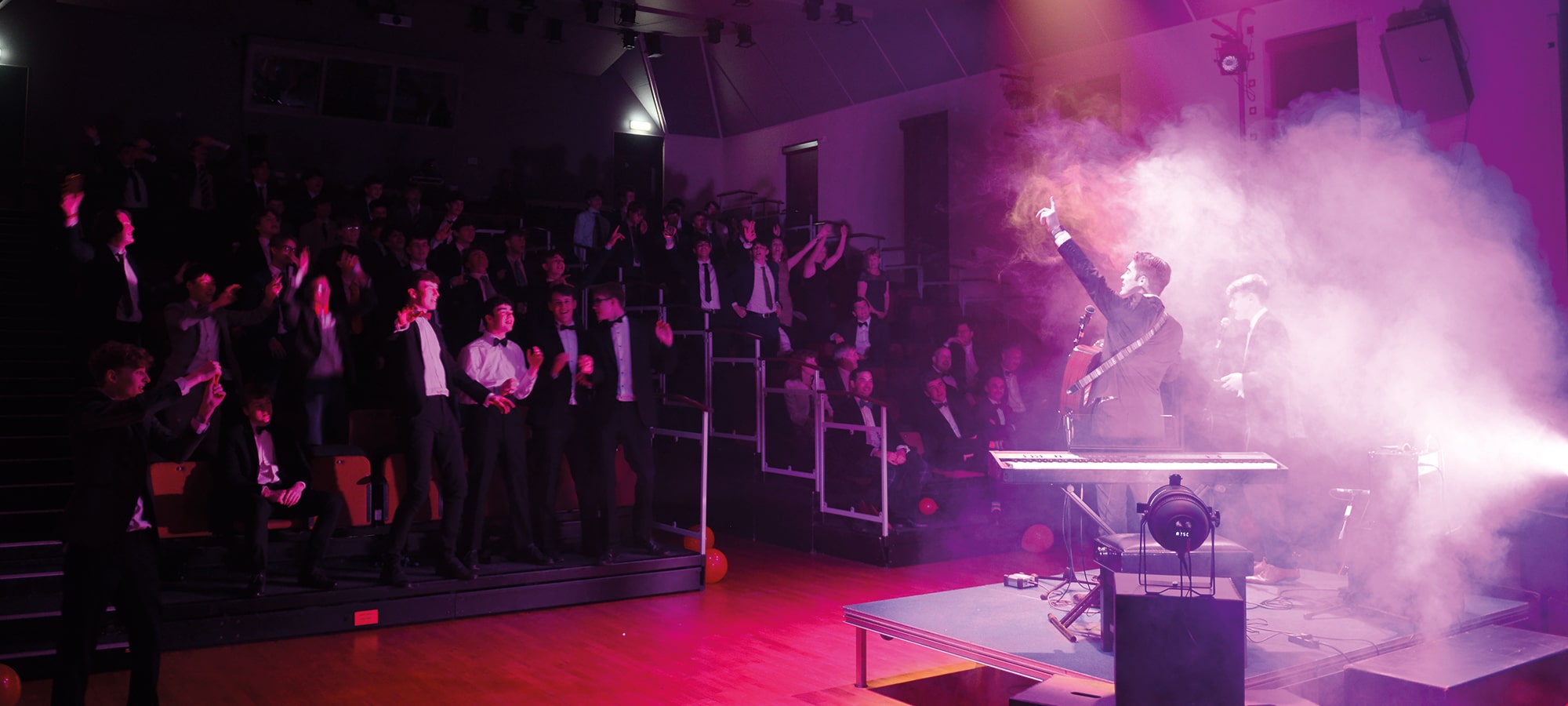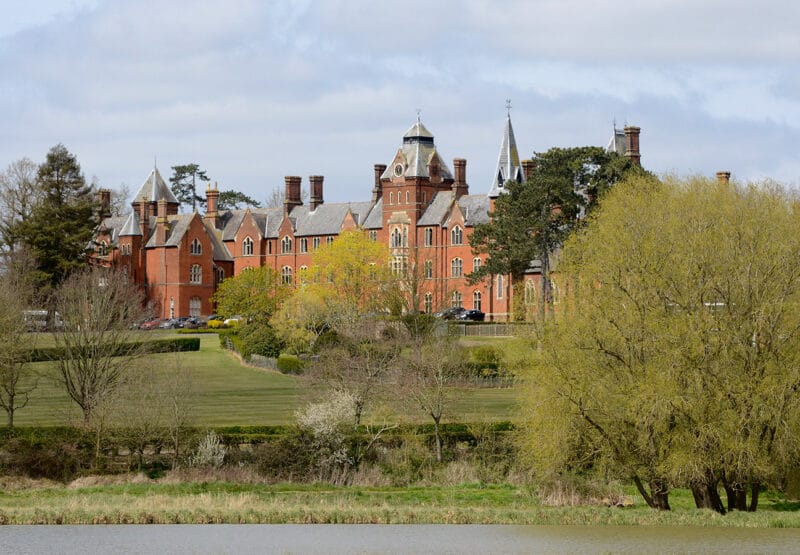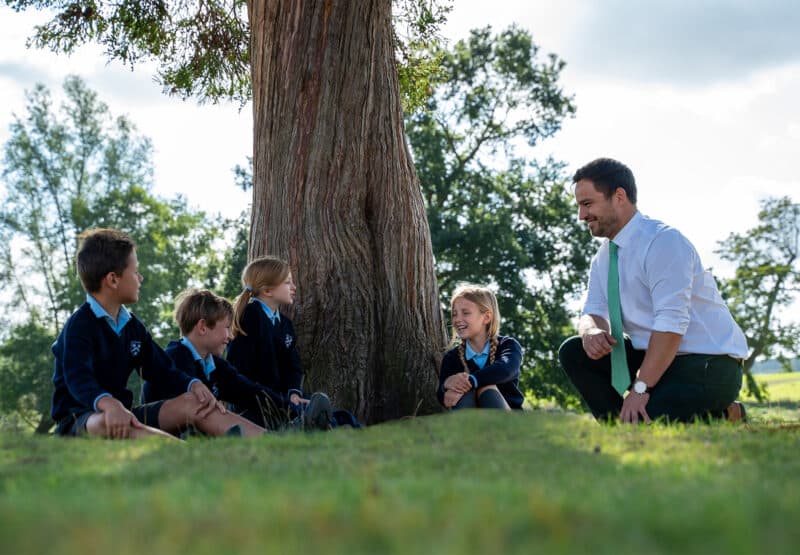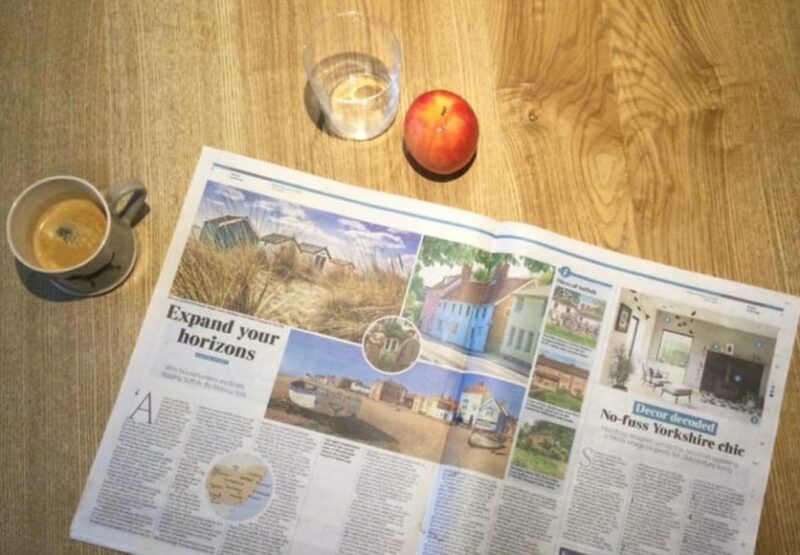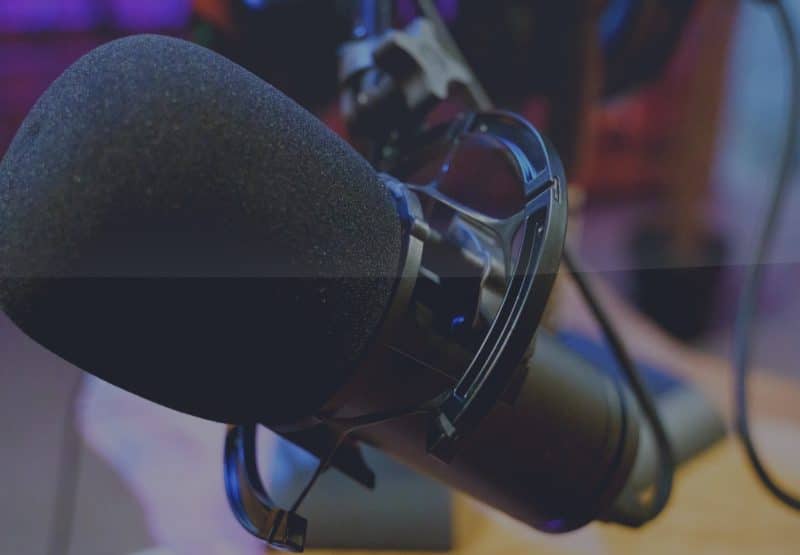
My Life
Alberto Henriques comes from Portugal, where he grew up in the capital city, Lisbon. Ever since he was a teenager, he has complemented his studies with his favourite sport, basketball, and played professionally for a couple of years.
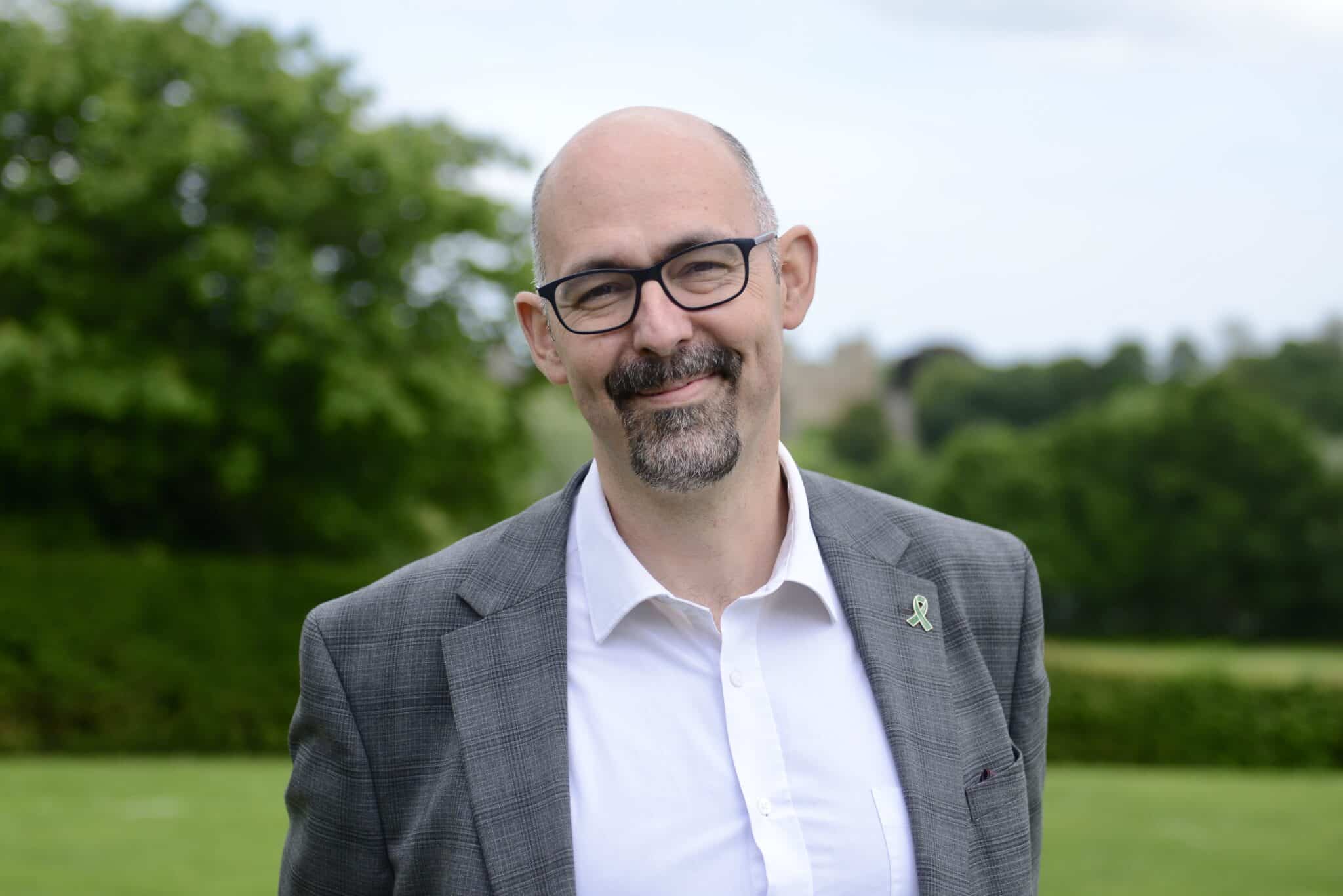
Alberto studied at Nova University Lisbon, completing a degree in Mathematics with a specialisation in Pedagogy of Mathematics.
In 2015, Alberto and his family moved to the UK. He later joined the College in 2016 as a Mathematics teacher. He became a tutor at Stradbroke soon after his arrival and performed weekly duties in House. Due to his experience, he began coordinating the Basketball activity and was involved in the process of creating the Climbing activity, which is another one of his passions.
Alberto is married to Ana, a Business Intelligence Coordinator for a multinational company, and together they have two daughters, both former students of Framlingham College. Beyond the college, Alberto enjoys running, solving math problems, working on Rubik’s cubes, and playing board games. He also loves traveling, listening to music, and reading.
Ethos
Here, you will build lasting friendships, create memories, and develop the skills and values that will guide you through your life.”
Alberto Henriques - Housemaster, Stradbroke
We aim to create an environment where young people feel safe, happy and valued. The boarding House is the perfect environment to develop aspiration in all the boys so as to help them achieve their personal bests in all areas of school life from academic to extracurricular and beyond. We want to help nurture in every child the curiosity and courage to explore all opportunities and challenges available to them. Stradbroke boys are a loyal and committed bunch, with hard work and a sense of fun permeating all that we do. The Stradbroke House motto is to ‘embrace expectations’, which the boys do superbly well for themselves, whilst encouraging others to do so too. The development of strong, lasting relationships in the boarding House is the great success of Stradbroke. The mentorship and care of the boys for one another, and the openness and honesty apparent in the House, fosters a strong House spirit. We are passionate about creating confident young adults, benefitting from an environment which places them at the centre of all that we do.
House Newsletters
Latest updates from Stradbroke House

